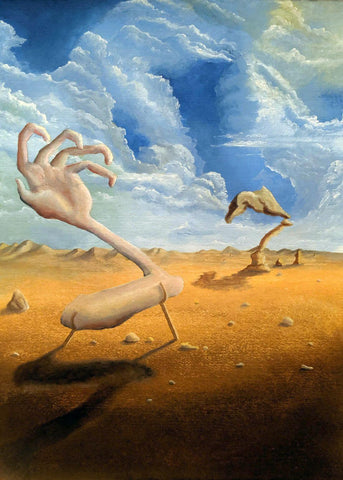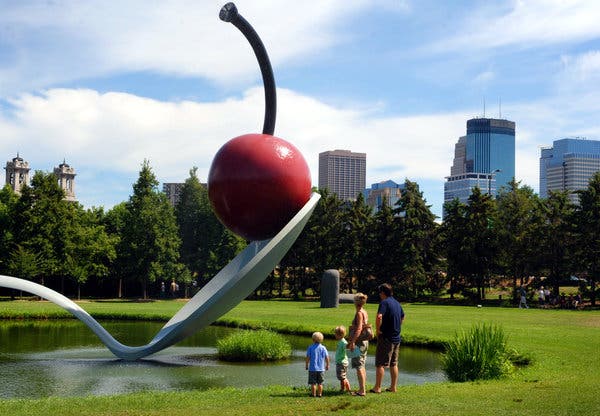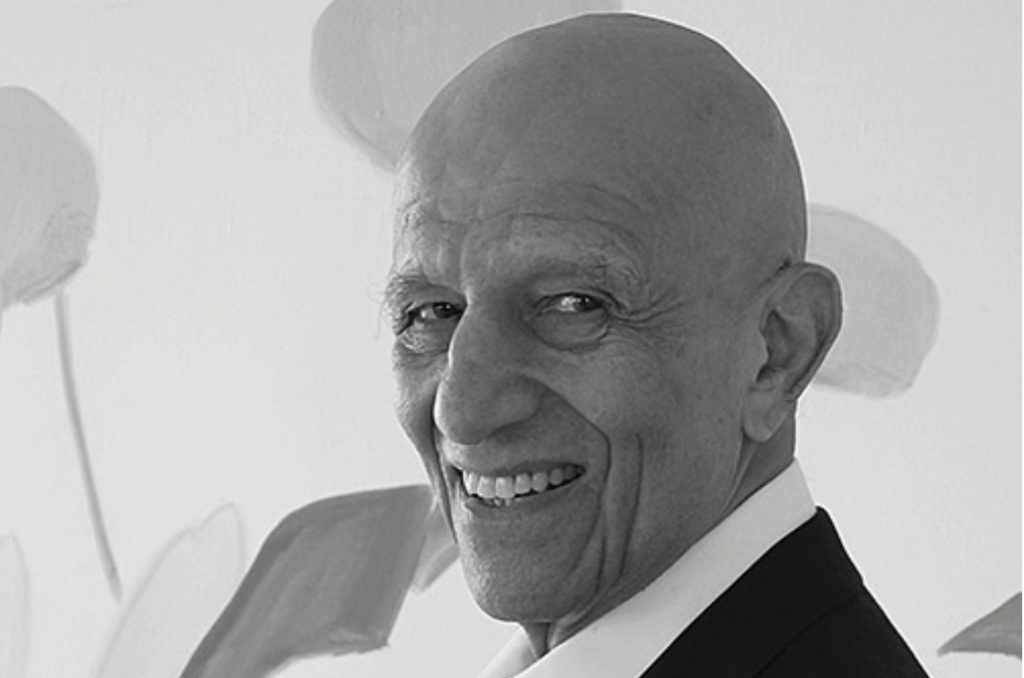
Socialization refers a process in which a person internalizes the norms or ideologies of a community. It involves teaching and learning. The process is described in four broad stages. Learn more about socialization. Socialization is something we all experience. Socialization begins in childhood and continues throughout our lives. Many factors can impact socialization.
Primary socialization
Primary socialization is when a child experiences social behavior and culture for the first time in their lives. This process happens when the child observes and practices societal norms and behaviors in his or her family and close friends. Primary socialization may include toilet training or anticipatory, which is when a child prepares for an event or role play with a friend.
During primary socialization, the family is the primary agent. A child learns from his or her parents and extended family what is necessary to function in a social setting. Family members and parents also teach children how to behave in many situations. Children learn about a wide range of ideas and objects from their parents. They are also taught with both negative and positive sanctions that reinforce good behavior and punish bad behaviour.

Secondary socialization
Secondary socialization is a process where people learn to behave in social situations outside their families. This is when an individual learns how to adapt to different situations, and what rules to follow from those around him. Secondary socialization happens after the child has completed his or her primary socialization. This involves other social agents, such as schools and their peers. This stage is slower than primary socialization.
Primary socialization is the process by which a child learns and shares the values of both his or her family members and their peers. However, secondary socialization occurs between individuals and a secondary group of people. Secondary relationships are not intimate and close. They are closer, but they are crucial for a child’s growth. Secondary socialization can occur later in a child’s life, even as an adult. Even though the family is still a significant part of a child’s socialization process, other important people in the child’s lives can help them to acquire the social skills they need.
Reverse socialization
"Reverse Socialization" is a process of socialisation where the child acts in the role of an agent for their parents' interaction. Children can have an impact on the behavior, thinking, and eating habits of their parents. The term is commonly used for the effect of infants and young kids on parents' thinking or behaviour. In cases where the child has reached adulthood, however, the term may not be as useful.
If a person is excluded from a particular group, they will reject the values and norms that the group holds. This initiates a process of anticipatory socialization with other groups. This can be seen in the behavior of economically-disadvantaged teenagers, who are often drug dealers. Some sociologists have argued that this behavior stems from a lack of motivation. No matter what the source of reverse socialization is, it can impact the development and growth of children.

Anticipatory socialization
Anticipatory socialization describes the process of preparing for a new situation in order to be able to socialize with it. A couple might live together before getting married, which allows them to assess each other and make a decision. If a person feels that they aren't capable of coping with a new social setting, they may avoid it. Anticipatory socialization can be helpful in helping a person adapt to a new social setting and make them feel more comfortable.
The 1950s research of psychologists in Behavior Therapy has given birth to the idea of anticipatory socialization. The Braidwood Report outlined that the re-socialization process of patients was a common result of behavioral therapy. The Behavior Therapy Association has defined socialization as a process that involves developing a person's norms and preferences. This helps people to be more adaptable and build better relationships.
FAQ
What are some positive aspects of pop culture?
Pop culture can be good. Pop culture is a great source of entertainment. It also allows people to express their creativity. Pop culture can be used to promote artists' work.
Pop culture brings people closer together, which I believe is the best part. Everyone wants the same show. Everyone enjoys the same music. People like the same movies. Pop culture allows us all to connect.
Pop culture can be unhealthy. Many films glorify violence. Some programs on television make fun of those with mental disabilities. And some bands encourage fans to do drugs.
What can we do about pop culture's negative aspects?
We should avoid negative aspects of pop culture. We shouldn't let it influence us. It can lead to problems in our health. It can even lead to criminal activity. It can even lead to a loss of love.
Pop culture can also be a source of help or harm to society. Is pop culture promoting good values or negative ones? Are people being indoctrinated to do terrible things?
Finally, let us ask ourselves whether or not we are happy in the world that we live. Do we like the music we listen to? What TV shows do you watch? The clothes we wear
If we care about our future, we must take responsibility for our actions. It is up to us to choose the kind of world that we want. Then, we can choose which type of pop culture to follow.
Why is pop music so popular?
Pop music is very popular because it's fun! Pop music makes you happy and gives you a sense of freedom. Pop music is a popular choice and people can think about whatever they want. They don't need to worry about what others think. This is why pop music is so loved. People love songs that make them happy. You can turn the radio on if you feel down. You may find yourself singing along. This is why pop music has been so successful over the years.
What is pop media culture?
Pop culture is all around. Pop culture is everywhere. It surrounds us all day. It is everywhere, including our clothing, food, language, politics, religion, and music. What is pop culture exactly? Wikipedia states, "Popular Culture (or Popular Culture) is the mass production of ideas and products for mass consumption." This term is often used to refer to TV shows, movies and music. However, there is much more to pop culture than just entertainment. Pop culture refers to everything that's consumed by the masses. This includes fast food and video games as well as toys and clothing.
What can I do to use pop culture in my marketing strategy
It is important to study the trends to see how pop culture can be used in marketing strategies.
For example, let's say you wanted to promote a new movie. What type of promotion could you offer?
You can create a trailer by using clips from your film. You could even find a clip that features one of your products or services and includes it in the video.
Maybe you could even make a parody using footage from other films.
If you were promoting a product or service that related to the film's theme, then you could create a promotional campaign based on the movie's plotline. For instance, if the movie is set in outer space, you might want to advertise a product that helps astronauts stay healthy while traveling through space.
Promos could be run for businesses that are related to the movie's plotline. For instance, if your company sells food, you could offer free food samples to customers who buy tickets to see the movie.
Who was the first to coin the term Pop Music
Frank Zappa invents the term pop music. He used the word pop music to describe his style of music.
He said that he wanted to write music that would appeal to everyone. That's why he called his music pop music.
Zappa also coined the phrase "You know it’s POP when ..."" which refers to something being popular if it is enjoyed by many people. For example, Michael Jackson's Thriller album is one of the best-selling albums ever.
Zappa's definitions are very different to the present definition of pop music. Pop music today includes all kinds of music. However, back then only certain music was considered popular.
What are the examples of pop-culture in 2021
On the 11th of September 2001, two hijacked aircraft crashed into the twin towers at the World Trade Center in New York City. This day would become known as 9/11.
The events of that day have influenced popular culture today. The event can be seen in many ways as it has influenced our lives.
Television shows like 24 and movies like United 93 are included. They tell the story of the events that took place on the flight from Boston, Massachusetts to Los Angeles on September 11, 2001. It also includes books like The Forever War by Dexter Filkins.
All of us can recall where we were at the time that we heard about the attacks. Some people jumped out of their beds and went outside. Others read newspapers or watched TV.
Pop culture is constantly changing. Pop culture is a reflection of society and an inspiration. What is the impact of popular culture on society in 2019? We don't know yet. We do know it will be better than it was before.
What is music's popular culture?
Popular music culture is a dynamic phenomenon that can take many forms.
Popular music culture can be defined by its use certain types of music (e.g. rock, jazz) or lyrics. It also includes the influence of visual media (e.g., film, television and fashion) on artists' careers.
It's also about how fans interact with their favorite artists.
Popular music culture has one element: the rise of "superstars", artists who have gained fame and fortune.
These superstars often transcend genres and become cultural icons, and their popularity has influenced the evolution of popular music itself.
Other elements of popular music culture include:
* The rise in recording technology - from acoustic instruments, to electric guitars, and microphones.
* The invention of the record player and the radio;
* The birth of rock'n roll.
* Introduction of film and TV;
* The advent MTV and VH1
* The creation the internet.
Statistics
- Recently, the market share across Western Europe has ranged from 60-75% (Hopewell, 2013). (socialsci.libretexts.org)
- For example, the term hater meaning someone who strongly undermines or criticizes others, often due to pathetic jealousy, likely emerged from hip hop culture, such as the term playa hateras, used by influential rapper Biggie Smalls as early as 1995. (simplicable.com)
- According to Dictionary.com, popular culture, or low culture as it is sometimes referred to is comprised of the “cultural activities or commercial products reflecting, suited to, or aimed at the tastes of the general masses of people” (7/21/19). (socialsci.libretexts.org)
- According to CNBC.com, “more than 70% of the film's revenue came from countries outside the US” (https://www.cnbc.com/2019/01/08/aqua...nal-sales.html, ret. 8/18/19). (socialsci.libretexts.org)
- [17][18][19]Definition[edit]According to author John Storey, there are various definitions of popular culture. (en.wikipedia.org)
External Links
How To
What is the popular culture that you can access using media technology?
Popular culture is all around us. It's everywhere: books, movies, music, television shows, video games, social networking sites, etc.
Popular culture influences our lives. Our daily routines are influenced by what we see on TV, read in magazines, listen on the radio, and hear at concerts. We watch television, go shopping with friends, enjoy parties, get to know people online, surf the Internet, and play video games.
But just because something is popular doesn't mean it's good for business.
Media technologies help with this. They give us tools to help us access popular culture in a manner that connects us with consumers.
Media technologies can also be used to:
-
Create content about products and services
-
Engage audience members with the actors, comedians, and authors they love
-
Promote brands and business
-
Send advertising
-
Track consumer trends
So if you're looking to build brand awareness, attract more customers, generate leads, increase sales, or boost customer loyalty, you need to get familiar with popular culture. And you can do so by accessing media technologies.